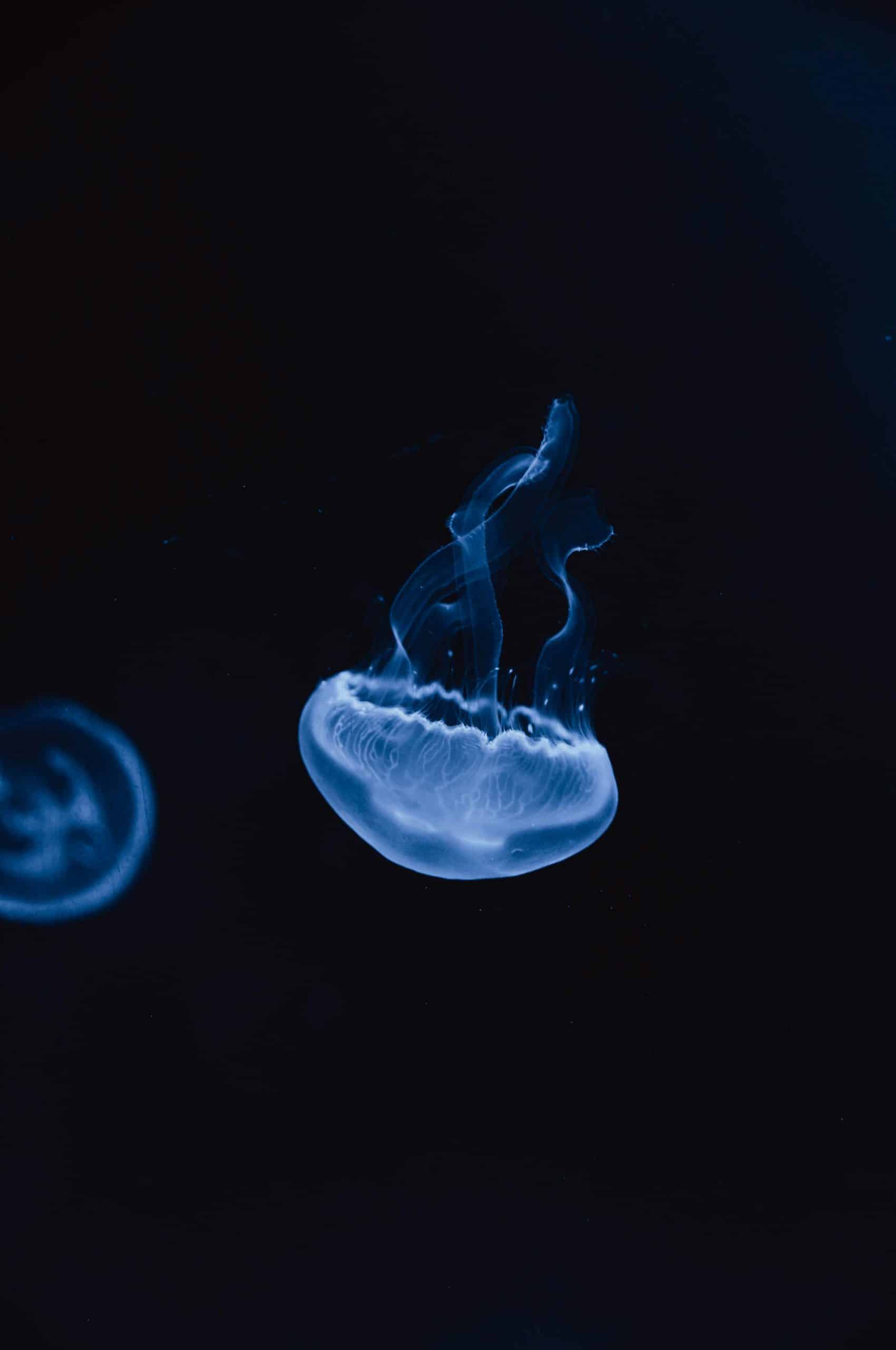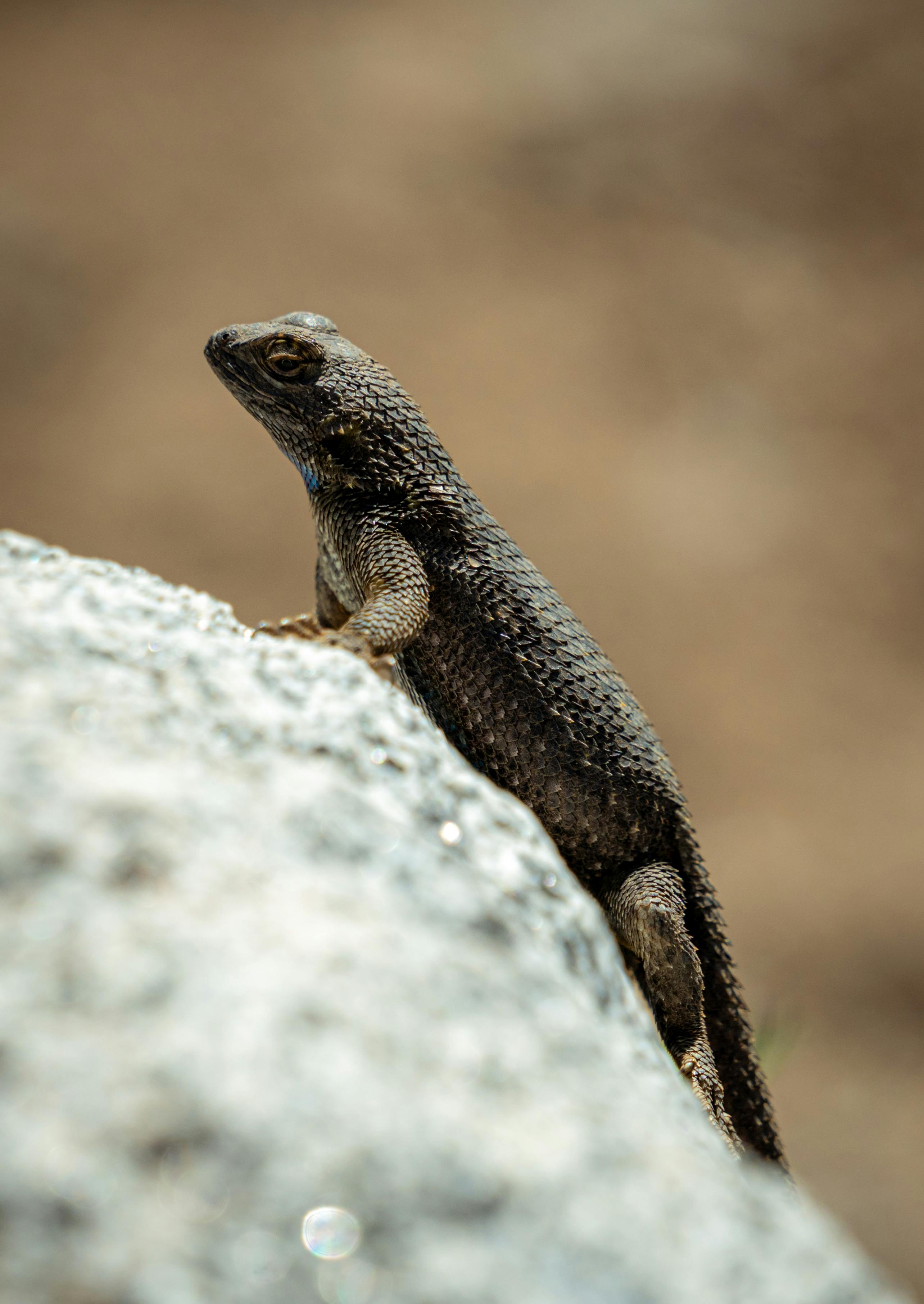Congratulations on taking the important step to neuter your puppy! Now that the procedure is over, it's time to focus on the post-neutering care to ensure your furry friend recovers smoothly and comfortably. In this article, you will find valuable tips and guidance on how to effectively care for your puppy after neutering. From managing pain and discomfort to monitoring their diet and activity level, these tips will help you provide the necessary support for your precious pup during this healing process.

This image is property of images.pexels.com.
Preparing for the Procedure
Before your puppy undergoes the neutering procedure, there are a few steps you should take to ensure everything goes smoothly. The first step is to schedule the surgery with your veterinarian. They will provide you with the necessary information about what to expect on the day of the procedure and any pre-surgery instructions. It's essential to follow these instructions carefully to ensure the best outcome for your furry friend.
Once you have a surgery date, it's time to prepare your puppy for the fasting period. Typically, your veterinarian will advise you to withhold food and water after midnight the night before the surgery. This fasting is important to prevent any complications during the procedure, such as vomiting or inhaling food into the lungs while under anesthesia. Make sure to adhere to the fasting guidelines to keep your puppy safe and comfortable.
Additionally, gather all the supplies you'll need for your puppy's recovery period. This includes a comfortable recovery space, extra bedding or blankets, and any medications or post-operative care instructions provided by your veterinarian. Having everything ready before the surgery will help minimize any stress or confusion and allow you to focus on your puppy's well-being during their recovery.
Post-operative Care
Once the surgery is complete, it's crucial to provide proper post-operative care for your puppy. The first step is to closely monitor them for any signs of discomfort or complications. Keep an eye on their behavior, appetite, and overall demeanor. If you notice any unusual symptoms or concerns, contact your veterinarian right away for guidance.
Creating a comfortable recovery space for your puppy is essential for their well-being. Ensure they have a quiet, warm, and soft area to rest and recover. Consider providing a cozy crate or a comfortable bed with extra padding to support their body. It's a good idea to keep them in a separate room away from other pets or young children to minimize disturbances and stress.
Your veterinarian may prescribe pain medication for your puppy to manage any discomfort after the surgery. Administer the medication as directed by your veterinarian and keep an eye out for any adverse reactions. It's important to follow the prescribed dosage and not administer any additional pain relief without consulting your veterinarian first.
Handling Food and Water
During the recovery period, it's important to adjust your puppy's diet to aid in their healing process. Offer small, frequent meals throughout the day instead of larger meals. This will help prevent any digestive issues and ease their transition back to a regular diet. Your veterinarian will provide specific dietary instructions based on your puppy's needs, so make sure to follow them closely.
Fresh water should always be accessible to your puppy, even during their recovery. Ensure that their water bowl is always filled with clean, fresh water. Hydration is crucial for their overall well-being and the healing process.
While it may be tempting to share some delicious treats with your puppy, it's important to avoid feeding them high-fat or rich foods during their recovery. These types of foods can be harder to digest and may cause complications for your puppy. Stick to the recommended post-operative diet provided by your veterinarian to ensure a smooth recovery.
Monitoring the Incision Site
After the surgery, it's vital to keep a close eye on the incision site to ensure proper healing. Check the area daily for any signs of redness, swelling, or discharge. If you notice any unusual changes, contact your veterinarian for guidance. They may want to examine the incision or provide additional instructions specific to your puppy's needs.
Keeping the incision site clean is essential to prevent infections. Follow your veterinarian's instructions on how to clean the area, if necessary, and ensure you use any recommended cleaning solutions. Only clean the incision as directed, as excessive cleaning or harsh products may delay the healing process.
To prevent your puppy from licking or scratching the incision, it's important to use an Elizabethan collar or an alternative barrier, such as a soft cone, if recommended by your veterinarian. Dogs may instinctively try to groom or scratch the incision, which can introduce bacteria and hinder the healing process. By preventing access to the incision site, you can ensure a smoother recovery for your furry friend.

This image is property of images.pexels.com.
Managing Activity and Exercise
To promote a successful recovery, it's crucial to restrict your puppy's activity level following the surgery. Strenuous activities, such as running, jumping, or playing rough, should be avoided during the initial healing phase. This will help prevent any strain or stress on the incision site and allow it to heal properly.
However, regular, short, leashed walks can be beneficial for your puppy's physical and mental well-being. Consult with your veterinarian to determine when it's safe to start incorporating short walks into your puppy's routine. Keep the walks gentle and avoid any areas with potentially hazardous surfaces or other animals that may cause excessive excitement or agitation.
In addition to physical exercise, mental stimulation is essential for your puppy's overall well-being. Engage them in interactive games, puzzle toys, or training sessions that focus on mental challenges rather than physical exertion. This will keep them mentally engaged and help distract from any temporary restrictions on physical activity.
Socializing and Interacting
While it's important to allow your puppy plenty of rest and quiet time during their recovery, socialization should still be a part of their routine. Socialization is crucial for your puppy's overall development, and by continuing to expose them to positive experiences with people and other animals, you can help them grow into well-adjusted adult dogs.
However, it's important to monitor your puppy's interactions, especially with other pets, during the recovery period. Excited play or roughhousing can potentially harm the incision site or delay the healing process. Supervise any interactions closely and intervene if necessary to prevent any accidents or injury. By balancing rest and socialization, you'll provide the right environment for your puppy's recovery and development.

This image is property of images.pexels.com.
Maintaining Hygiene
Proper hygiene is important for your puppy's overall health, even during the recovery period. After the designated recovery period, you can bathe your puppy following your veterinarian's instructions. Make sure to use a mild, hypoallergenic shampoo and avoid scrubbing or rubbing the incision site. Gently rinse and dry your puppy after the bath, taking care not to irritate the healing area.
If your veterinarian recommends cleaning the genital area, do so gently using a damp cloth or baby wipes. Be cautious not to put any pressure or friction on the incision site, as it may still be sensitive during the healing process. Consult with your veterinarian if you have any concerns or questions about maintaining proper hygiene during this time.
Regular nail trims are an essential part of your puppy's grooming routine, even after the surgery. Keep an eye on their nails and trim them regularly to prevent them from becoming too long or causing discomfort. Shorter nails will also lessen the risk of accidental scratching or injury to the incision site.
Addressing Behavioral Changes
After the surgery, it's common for puppies to experience temporary changes in their behavior. Some may appear more lethargic or quieter, while others may exhibit restlessness or increased anxiety. These changes can be attributed to the post-operative recovery process and the effects of anesthesia wearing off.
It's important to provide comfort and reassurance to your puppy during this time. Offer plenty of love, attention, and gentle physical contact to let them know that you're there for them. Keep their routine as consistent as possible to help them feel secure and reduce any stress or anxiety they may be experiencing.
If you notice any significant or persistent behavioral changes that concern you, consider consulting a professional, such as a veterinarian or a positive reinforcement-based dog trainer. They can provide guidance and advice tailored to your puppy's specific needs and help address any ongoing behavioral issues that may arise from the surgery or the recovery period.
Monitoring Healing Progress
Throughout the recovery period, it's essential to monitor your puppy's incision site for any signs of infection or complications. Look out for increased redness, swelling, discharge, or foul odor. These may indicate an infection or the need for further veterinary attention.
Follow up with your veterinarian as scheduled or if any concerns arise. They will be able to assess the progress of the healing and address any questions or issues that may arise during the recovery period. Your veterinarian may recommend additional treatments or provide guidance on the removal of stitches, if applicable.
Long-term Care and Preventive Measures
After the recovery period, it's crucial to maintain your puppy's overall health and well-being. Regular veterinary check-ups should continue as part of their routine care. These visits allow the veterinarian to assess your puppy's general health, provide necessary vaccinations, and address any concerns that may arise.
Proper nutrition is essential for your puppy's long-term health. Ensure they are on a balanced, age-appropriate diet recommended by your veterinarian. A nutritious diet will support their growth, provide essential nutrients, and help maintain a healthy weight.
Consider investing in training and behavioral support for your puppy. Proper training not only strengthens the bond between you and your puppy but also helps address any behavioral issues that may arise as they grow. Training and behavioral support can help shape your puppy into a well-behaved and well-adjusted adult dog.
Taking care of your puppy after neutering requires patience, attention, and dedication. By following these comprehensive guidelines and seeking professional advice whenever necessary, you can ensure your puppy's successful recovery and ongoing well-being. Remember, your veterinarian is your best resource for specific guidance and recommendations for your individual puppy's needs.


